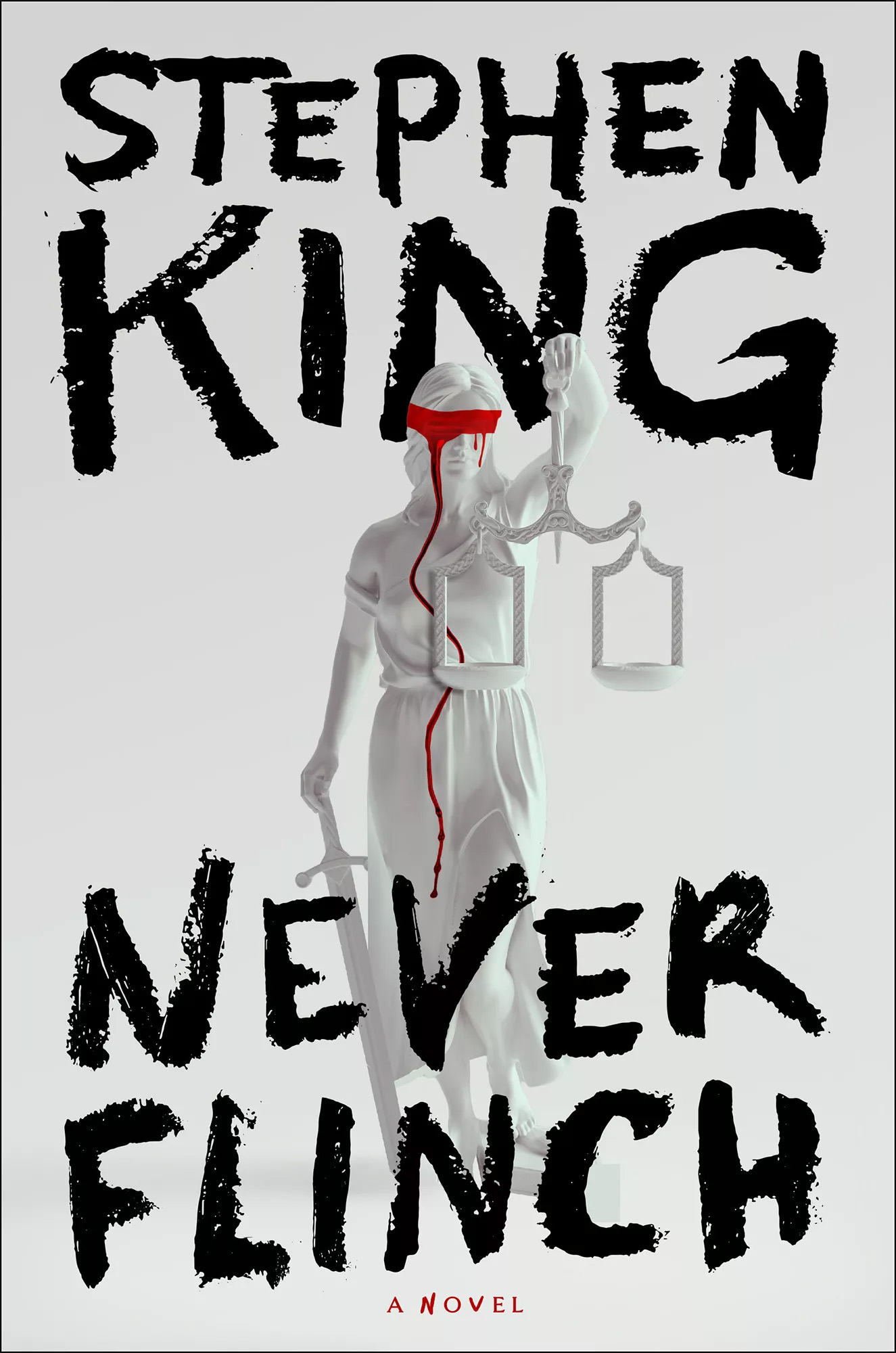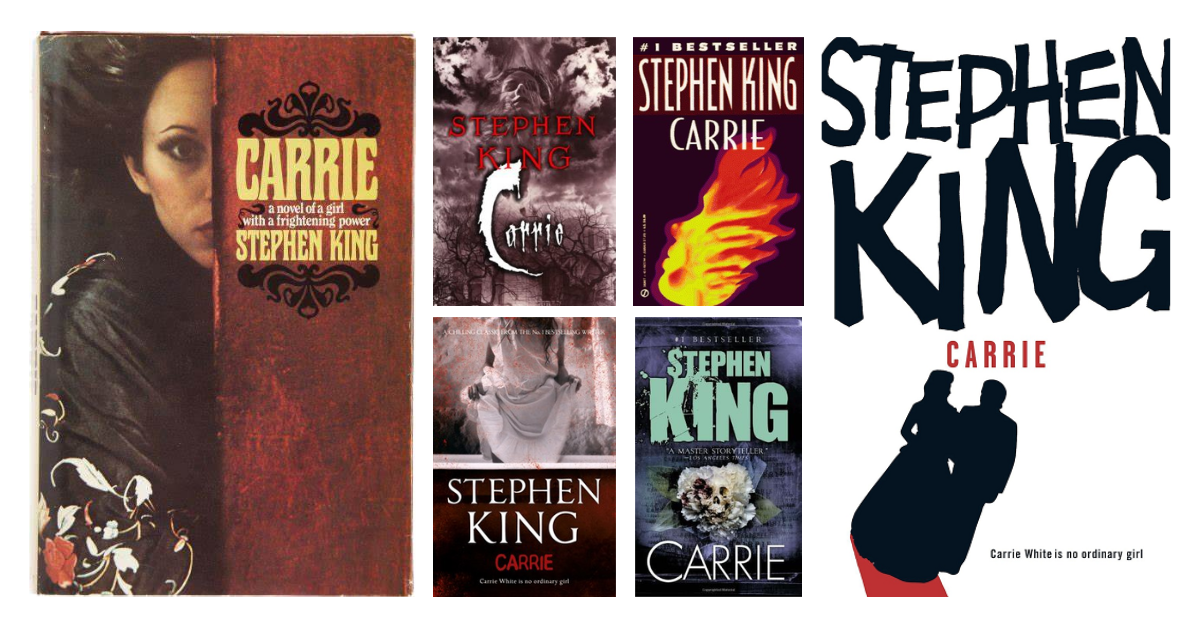The Best Stephen King Books: A Comprehensive Ranking and Exploration

Stephen King. The name alone conjures images of haunted hotels, terrifying clowns, and small towns harboring unspeakable secrets. For fifty years, he has reigned supreme as the Master of Horror, captivating millions with his chilling tales and relatable characters. His influence spans generations, shaping the landscape of horror fiction and leaving an indelible mark on popular culture. This exploration delves into the vast King bibliography, examining his best works across various genres, exploring his writing style and inspirations, and considering his lasting cultural impact. While definitive rankings are inherently subjective, we will navigate the exhilarating highs, bewildering lows, and unexpected diversions of King’s prolific career, aiming to provide a comprehensive overview to guide both seasoned Constant Readers and newcomers alike.

Genre Exploration: Beyond the Horror
While undeniably a master of horror, Stephen King’s versatility extends far beyond the confines of the genre. His works encompass elements of science fiction, fantasy, suspense, mystery, and even literary fiction, creating a rich tapestry of storytelling experiences. This multifaceted approach allows him to explore a diverse range of themes, engaging readers on multiple levels.
Horror’s Many Faces: From Supernatural Terror to Psychological Thriller
King’s horror narratives are distinguished by their ability to tap into primal fears, using the supernatural as a vehicle to explore deeply human anxieties. Whether it’s the cosmic dread of The Stand or the intimate terror of Misery, King’s horror transcends the purely sensational, offering profound insights into the human condition. His psychological thrillers, such as The Dead Zone and The Outsider, delve into the complexities of human nature, exploring themes of morality, guilt, and redemption against a backdrop of suspense and intrigue. He expertly weaves elements of the everyday into his horror, making the extraordinary feel unsettlingly plausible.
Science Fiction and Fantasy: Expanding the Realms of Imagination
King’s foray into science fiction and fantasy reveals another facet of his creative genius. The epic Dark Tower series, a sprawling multi-world saga, demonstrates his ability to craft intricate mythologies and explore overarching themes of fate, destiny, and the power of storytelling. Books like 11/22/63, a time-travel thriller, and The Talisman, a fantasy adventure co-authored with Peter Straub, show his proficiency in blending genres, seamlessly weaving elements of different narrative traditions to create unique and captivating experiences.

King’s Literary Legacy: Writing Style and Inspirations
Stephen King’s success isn’t solely attributed to his thrilling narratives; it’s also a testament to his masterful writing style. His prose, though often characterized as simple, is remarkably effective, capable of both subtle nuance and breathtaking intensity. His character development is unparalleled; his characters are flawed, complex individuals, often grappling with personal demons and external pressures. Their relatability, despite often confronting the extraordinary, resonates deeply with readers.
The Power of Place: Setting as Character
King’s stories frequently feature a strong sense of place, often utilizing fictional Maine towns as recurring settings. Castle Rock, Derry, and Haven serve as more than mere backdrops; they become characters themselves, imbued with their own histories, personalities, and dark secrets. The atmosphere he creates is immersive and palpable, enhancing the emotional impact of his narratives.
Themes and Motifs: Exploring the Human Condition

Recurring themes and motifs thread throughout King’s work, forming a cohesive whole. These include the struggle between good and evil, the corrupting influence of power, the resilience of the human spirit, and the enduring power of friendship and family. He explores these themes with unflinching honesty, often highlighting the darkness that lurks beneath the surface of seemingly ordinary lives.
Cultural Impact: Adaptations, Awards, and Communities
Stephen King’s influence on popular culture is undeniable. His works have been adapted into countless films, television shows, and video games, solidifying his status as a cultural icon. His literary impact is equally significant, influencing generations of writers and shaping the modern horror landscape. The creation of dedicated online communities and fan conventions underscores the profound connection he has forged with his readership.
From Page to Screen: The Enduring Power of Adaptation
Many of King’s novels and short stories have been adapted into successful films and television series, often transcending the limitations of the original source material. From iconic adaptations like The Shining and It to more recent successes such as Mr. Mercedes and Castle Rock, these adaptations have further popularized his work, introducing new generations of readers and viewers to his unique storytelling. The adaptations have, in some cases, also sparked renewed interest in the original books, demonstrating the enduring power and relevance of his narratives.
Awards and Recognition: A Literary Giant
King’s literary achievements have been recognized with numerous prestigious awards, though he’s notably never received the Nobel Prize for Literature. His recognition within the literary world demonstrates his work’s merit and enduring impact on the genre. The sheer volume of his output, sustained over decades, stands as a testament to his talent and dedication to his craft.
Constant Readers: A Global Community
The term “Constant Reader” embodies the deep connection between King and his dedicated fans. Online forums, social media groups, and fan conventions all serve as spaces for readers to share their love of his work, discuss their favorite stories, and engage in thoughtful analysis. These communities showcase the enduring power of King’s narratives to connect people across geographical boundaries and shared experiences.
Ranking the Best: A Subjective Journey
Attempting to definitively rank Stephen King’s seventy-seven books is a daunting, perhaps even impossible, task. Personal preferences and individual interpretations play a significant role in shaping opinions. However, by considering critical acclaim, cultural impact, and the enduring resonance of King’s stories, a more informed assessment can be made.
(Note: A comprehensive ranking would require significantly more space than this format allows. This section would ideally include individual summaries and critical analysis of at least the top 10-15 books, along with justifications for their placement.)
Several titles consistently emerge as contenders for the “best” Stephen King books. It, with its terrifying clown and exploration of childhood trauma, often tops many lists. The Stand, an epic post-apocalyptic saga, explores themes of survival, faith, and the resilience of the human spirit. The Shining, a claustrophobic descent into madness within a haunted hotel, delves into themes of family, addiction, and the fragility of the human psyche. Misery, a psychological thriller with chilling suspense, showcases King’s ability to create deeply unsettling characters and explore the complexities of the writer-reader relationship. 11/22/63, a time-travel novel, combines historical fiction, romance, and suspense in a captivating narrative. These are just a few examples of the many exceptional works in his extensive bibliography.
Ultimately, the “best” Stephen King book is subjective and depends heavily on individual preferences. However, by exploring the various aspects of his literary career, readers can develop a deeper appreciation for the breadth and depth of his work. Whether one is drawn to the supernatural horror of Salem’s Lot, the epic scope of The Dark Tower, or the poignant reflections on life and loss in Pet Sematary, King’s work offers something for everyone, continuing to captivate and terrify generations of readers.